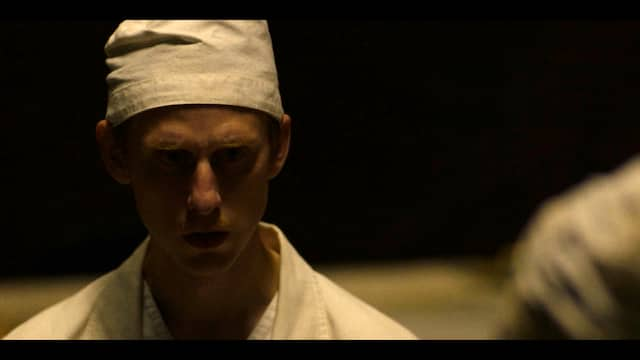Vito Spatafore: The Gay Storyline

Vito Spatafore, portrayed by actor Joseph R. Gannascoli, is a notable character in the HBO series “The Sopranos,” created by David Chase. Vito is a member of the DiMeo crime family and gradually ascends the ranks to become a made man and eventually a capo. While initially introduced as a supporting character, Vito gains more prominence in later seasons, especially through a storyline centered on his homosexuality. This narrative arc was groundbreaking for its time, pushing the boundaries of what was culturally acceptable and expected in a mobster drama series.
Motivation for the Storyline
The inclusion of a gay mobster in a culture rife with machismo and traditional notions of masculinity was a bold move. It offered a counter-narrative to the typical portrayal of mob life and challenged ingrained stereotypes. The storyline’s motivation seemed twofold. First, it humanized the characters in a show that could easily dehumanize them due to their violent actions and criminal lifestyle. Secondly, it served as a commentary on the internal contradictions and hypocritical moral codes within mob culture, which prides itself on family values and loyalty but ostracizes and eliminates someone breaking its unspoken rules.
The Storyline
Vito’s sexual orientation is discovered accidentally. While he is living a double life (a devoted family man by day and a gay man visiting New York City gay bars by night), he is spotted dancing in leather gear at a gay club by two mob associates. This sets off a series of events that turn his life upside-down. Vito goes on the run, hiding in a small New Hampshire town, and even starts a relationship with a local man, Jim, under a false identity. He contemplates leaving the mob life behind to embrace his true self but eventually decides to return to New Jersey, believing that his family and mob family have forgiven him.
This proves to be a fatal mistake. Despite some in the mob, like Tony Soprano, being willing to overlook Vito’s sexuality because of his earning abilities, the majority opinion, led by characters like Phil Leotardo, is less forgiving. Vito is ultimately hunted down and killed, a poignant reminder that while individuals may evolve, the collective mindset of an insular community may remain stagnant and unforgiving.
Series Implications
Vito’s storyline has multiple ripple effects in the series, affecting both the plot and character development. For one, his death intensifies the tension between the Soprano and Leotardo factions, setting the stage for future conflicts. His murder also serves as a catalyst for characters like Tony to reflect on their personal values versus the cultural norms they’ve always adhered to.
Moreover, the storyline gives audiences an intimate look into the struggles of a gay man in a hyper-masculine environment, serving as a lens through which the deeply ingrained prejudices of this subculture are exposed. The brutal end met by Vito underscores the tragic costs of intolerance and serves as a biting critique of the limits of loyalty and acceptance within this criminal underworld.
In summary, Vito Spatafore’s storyline in “The Sopranos” represents a daring narrative choice that enriches the series’ social commentary. It challenges the audience’s assumptions, acts as a microcosm of the prejudices existing within American society at large, and adds layers of complexity to an already intricate tale of crime, family, and identity.




